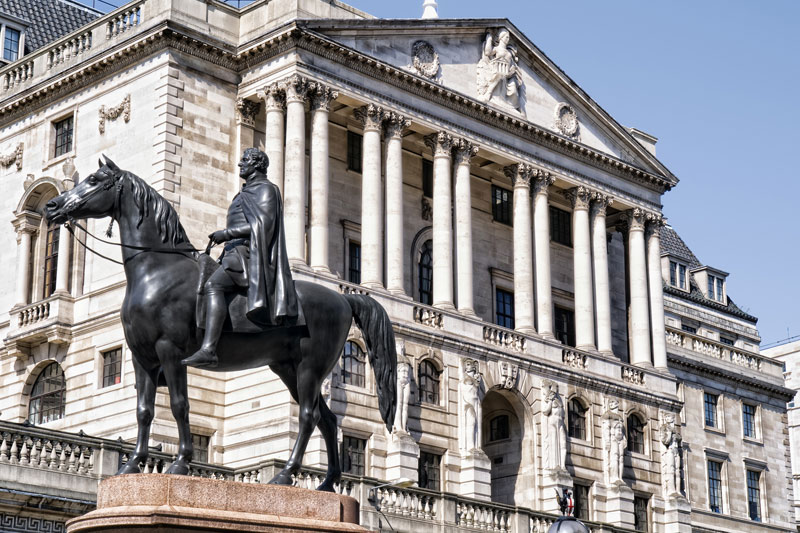By David Milliken and Andy Bruce
LONDON (Reuters) - Bank of England policymakers have broken ranks over interest rates for the first time in three years, with two of them unexpectedly voting to tighten policy, in a move that revives speculation about a 2014 rate hike.
Martin Weale and Ian McCafferty - external members of the BoE's nine-member Monetary Policy Committee - voted to raise interest rates to 0.75 percent from 0.5 percent, according to minutes of the MPC's Aug. 6-7 meeting released on Wednesday.
Their dissenting votes ended the longest period of unanimity in the MPC's history. Sterling strengthened and government bonds fell as expectations an early rise in British interest rates were revived.
Last week, the BoE slashed its forecasts for wage growth for 2014 and said it did not want to raise rates until stronger wages rises were in prospect - a view shared by the majority of the MPC in Wednesday's minutes.
But the minutes also showed that Weale and McCafferty believed that sharply falling unemployment suggested that wage growth could be looming, the economy was running at close to capacity, and that rates needed to rise now.
"Since monetary policy ... could be expected to operate only with a lag, it was desirable to anticipate labour market pressures by raising the Bank Rate in advance of them," Weale and McCafferty said. "An early rise would facilitate the Committee's aspiration that the rises in Bank Rate should be only gradual."
Weale has a record of hawkish positions on monetary policy, after backing rate rises in 2011 in vain and opposing last year's introduction of forward guidance on the grounds that it did not have strong enough safeguards against high inflation. How soon other members of the MPC are likely to follow suit is less clear.
Since August's vote, consumer price inflation has fallen further below target to 1.6 percent, and wages have shown a year-on-year fall for the first time in five years - albeit partly due to one-off effects.
"Data released since the MPC's meeting ... have eased the pressure on the Committee to tighten quickly," said Samuel Tombs, senior UK economist at Capital Economics, who forecasts a rate rise in February.
"Even if the Committee decides to get on the front foot and raise interest rates before the end of the year, low inflation should ensure that the pace at which they rise is extremely gradual by historical standards," he said.
Most of the MPC said price pressures were too weak to justify raising rates from the record low they reached in the depths of the financial crisis in March 2009, even though Britain looks set to enjoy its strongest economic growth in a decade this year.
"A premature tightening in monetary policy might leave the economy vulnerable to shocks, with the effectiveness of any further necessary stimulus being limited by the effective lower bound on Bank Rate," the majority of the MPC said.
"In addition, increases in Bank Rate well ahead of any pickup in wage and income growth risked increasing the vulnerability of highly indebted households," they said.
They were also worried that a unexpected rate rise could push sterling higher, impeding exports, which are already struggling in the face of weakness in Britain's main markets on continental Europe.
However, they expected the case for a rate rise to strengthen in due course.
"The longer the expansion continued, the less likely ... some of the downside risks to growth and inflation would appear. This, along with a continued improvement in credit conditions, would in time diminish the need for such a low level of Bank Rate," the minutes said.
